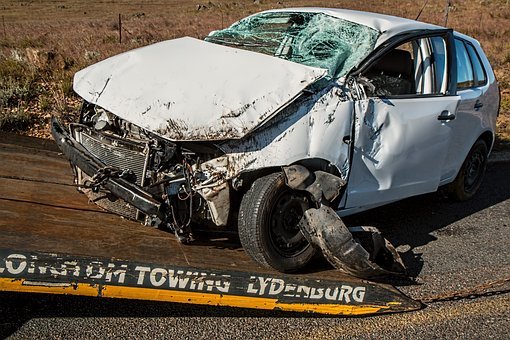Car insurance is essential for drivers to protect themselves and their vehicles in case of an accident or other mishaps. There are several types of car insurance policies available, each with its own level of coverage and benefits.
Types of Car Insurance
Here are the most common types of car insurance:

Liability Insurance: Liability insurance is the most basic type of car insurance and is required by law in most states.
It covers damages to other people’s property and injuries to others in case of an accident that is your fault. It does not cover your own vehicle or injuries to yourself.
Collision Insurance: Collision insurance covers damages to your own vehicle in case of an accident, regardless of who is at fault. It covers the cost of repairs or the replacement of your vehicle if it is totaled.
Comprehensive Insurance: Comprehensive insurance covers damages to your vehicle that are not caused by a collision, such as theft, fire, vandalism, or natural disasters. It also covers damage from hitting an animal.
Personal Injury Protection (PIP): Personal injury protection (PIP) covers medical expenses and lost wages for you and your passengers, regardless of who is at fault.
It may also cover expenses for services such as childcare or housekeeping if you are unable to perform these duties due to your injuries.
Uninsured/Underinsured Motorist Coverage: Uninsured/underinsured motorist coverage covers damages and injuries caused by a driver who is uninsured or underinsured. It may also cover hit-and-run accidents.
Gap Insurance: Gap insurance covers the difference between the actual value of your car and the amount you owe on your car loan in case your car is totaled or stolen.
Classic Car Insurance: Classic car insurance is a specialized type of insurance that is designed for antique, vintage, or classic cars. It offers coverage for the unique risks associated with owning and driving a classic car.
When selecting car insurance, it’s important to consider your specific needs and budget.
If you have an older car, liability insurance may be sufficient. If you have a newer or more expensive car, collision and comprehensive insurance may be necessary.
Personal injury protection may be important if you frequently have passengers in your car or if you live in a no-fault state.
Uninsured/underinsured motorist coverage can protect you in case of an accident with an uninsured driver.
Gap insurance is important if you have a car loan. Finally, if you own a classic car, you may want to consider classic car insurance for specialized coverage.
Final Words
In conclusion, car insurance is essential for drivers to protect themselves and their vehicles. There are several types of car insurance policies available, each with its own level of coverage and benefits.
By understanding the types of car insurance available, you can select the policy that best suits your needs and budget.